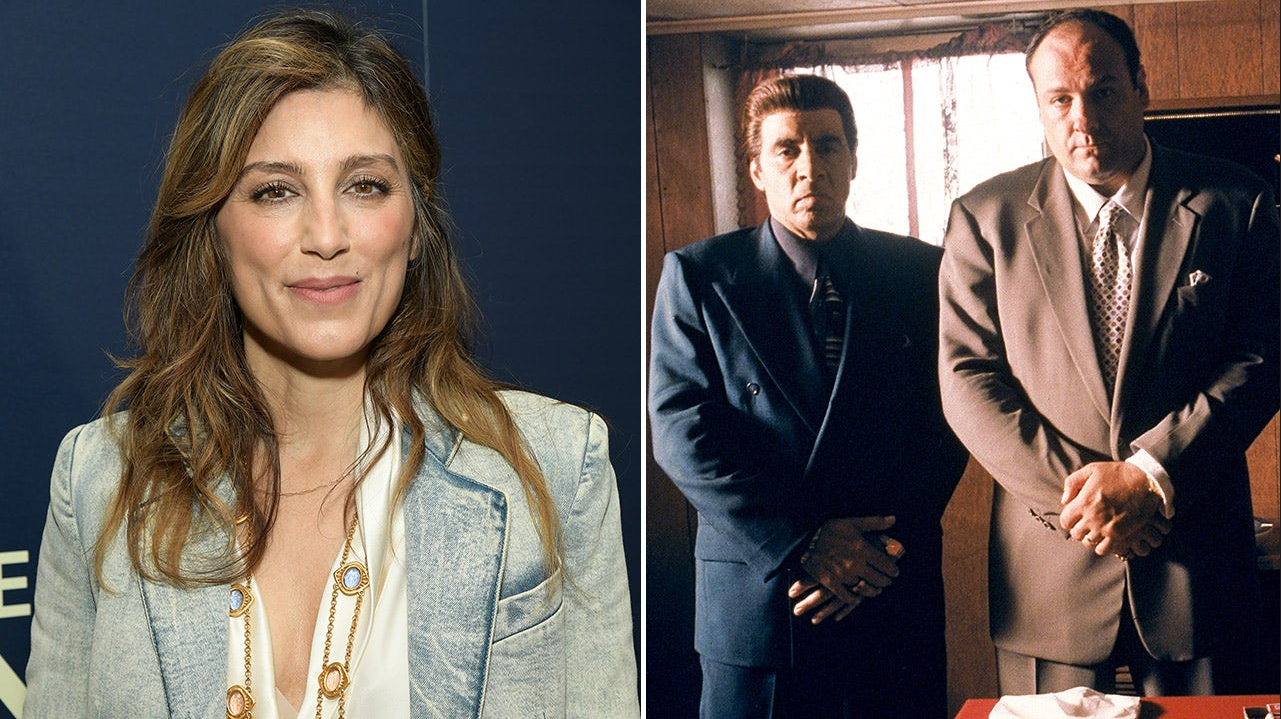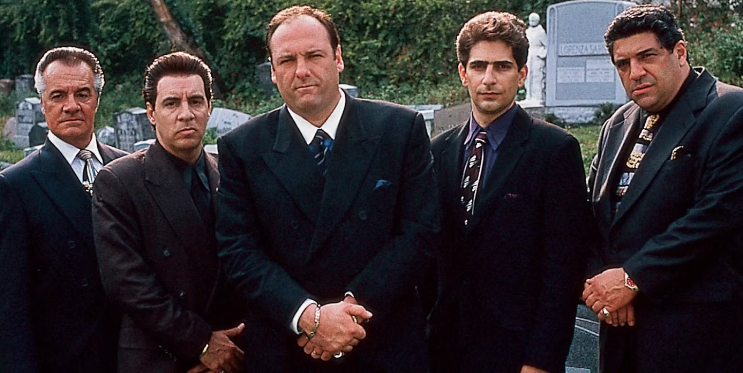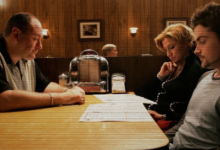“Get Over Yourself”: Blue Bloods Star Turned Down The Sopranos More Than Once
One Blue Bloods cast member candidly reflects on turning down a role in The Sopranos more than once, discussing why made those decisions.

Blue Bloods alum Jennifer Esposito candidly reflects on turning down The Sopranos more than once. In a debut episode of television that would ultimately help to change the medium, James Gandolfini’s unforgettable Tony Soprano is referred to Dr. Jennifer Melfi (Lorraine Bracco) after he has a panic attack. As written and directed by series creator David Chase, their first meeting starts with lies and reluctance on the part of Gandolfini’s character, but he slowly begins to open up once Melfi establishes the specifics of confidentiality. Although the HBO series would quickly catch on, building on a clever pilot and receiving awards in the process, not everyone was charmed by The Sopranos.
While speaking with Variety about her writing and directorial debut film Fresh Kills, which focuses on the loyal women of an organized crime family, Esposito reflected on the mafia narratives of The Sopranos and admitted that it had caused her to turn down the HBO drama more than once. The actor, known for playing Jackie Curatola on the CBS procedural Blue Bloods, in addition to shows like The Boys and the Oscar-winning film Crash, candidly discusses what bothered her about The Sopranos but also that she thinks it was “stupid” to turn down the series. Her comments are below:
“I chose to not go up for it when they would call me in because it was like, ‘I can’t relive this.’ The only thing that used to make me crazy about the show when I did watch it was the character of Meadow because she was very nice. The girls I grew up around wanted to kill me, wanted to kill me every day. So it was PTSD.”
“I don’t think people understand unless you lived it. That’s what I saw. And they were in their Catholic school uniforms, and they’d pull a girl on a table in a diner and beat the hell out of her till her face is off. It’s that kind of stuff. I wanted to capture that. It’s unleashing a rage that they can’t acknowledge where it’s coming from, because as soon as you touch that button of the father, it’s a match — don’t touch it.”
“They wanted me to come in a few times for certain things, and I was like, ’No. The way you’re portraying Italian culture? Oh, get over yourself. Really?’ It was an amazing show. But you’re a kid. You don’t see that. Of course I look back, and it’s like, ‘That was stupid.’”
The Sopranos Has Long Been Criticized For Perpetuating Stereotypes

When it was airing, a number of organizations argued that The Sopranos presented harmful stereotypes of Italian Americans and their cultural values. This was elaborated on by Professor William Roberts, who’d conducted a survey about the series in 2001. Roberts argued that the HBO show “helped to perpetuate one of the more problematic and stereotypical images of Italian Americans.” These sentiments were echoed by Camille Paglia, an Italian American academic.
In an interview with Salon, in 2012, Paglia talked about hating The Sopranos. The academic noted that it was not necessarily the Mafia aspects of the story that she objected to, but more the “inaccuracy with which Italian-American culture was depicted” and called the HBO series out of date. Over the years, Chase has had a chance to respond to these criticisms. He’s noted that The Sopranos is only meant to depict a small criminal subculture.
For some, it’s natural to dismiss criticisms of depictions and stereotyping by arguing that works like The Sopranos are fictional. That sort of reflexive defensiveness discounts the ways in which pop culture can unintentionally validate bigotries and preconceived notions that audiences have. It doesn’t take away from the HBO show, it just means that criticisms can sit alongside the deserved praise for the writing, acting, and directing, as Esposito echoes herself.

